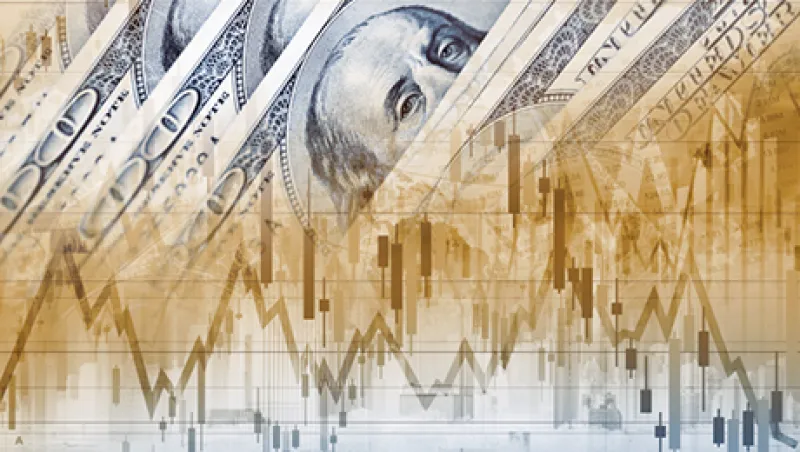Confidence is rising among investors at foundations and endowments — even if returns are not.
Nearly two-thirds of investors polled last month by Boston-based consultant NEPC said they believed the U.S. economy is in a better place now than it was a year ago.
This new optimism follows what was overall a lousy fiscal year for college and university endowments, which on average lost 1.9 percent, net of fees, according to the annual NACUBO-Commonfund Study of Endowments, released last month.
NEPC Partner Cathy Konicki said the confidence levels were among the highest the firm had seen since it first launched the survey in 2013. But despite this rise in optimism, she added that the survey results still indicated low expectations for returns going forward.
“Investors have high confidence in the economy, but they’re still anticipating a lower return in the S&P 500,” she said. “There is a continued worry among endowments and foundations as to how they’re going to meet their long-term goals and objectives for spending plus inflation.”
A slowdown in global growth remained one of the top concerns for investors surveyed by NEPC. But the biggest was political uncertainty, cited by 46 percent of respondents.
Despite these fears, domestic equity was chosen by 26 percent of respondents as the likely strongest performer in 2017, with 45 percent of polled investors predicting large-cap returns of between 6 percent and 10 percent. Just over half, however, said they think the S&P 500 will earn less than 5 percent in the coming year.
“You’re seeing expectation of a low return in what investors think is going to be the strongest asset class,” Konicki said.
With return targets largely unchanged despite subdued market expectations, the consultant said endowments and foundations will be increasing allocations to return-seeking asset classes in a bid to boost performance.
As many as 42 percent of investors surveyed said they would invest more in private equity and private credit this coming year, while 29 percent said they would up commitments to real estate and real assets. Roughly a third said they planned to increase opportunistic investments.
Meanwhile, endowments and investors have continued to backtrack from hedge funds, with 30 percent of respondents citing plans to decrease allocations this year. As of the end of last year, surveyed investors had just 9 percent of their portfolios invested with hedge funds, compared with 13 percent last year.







